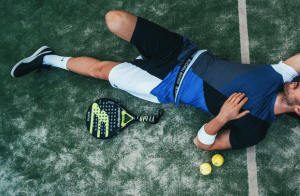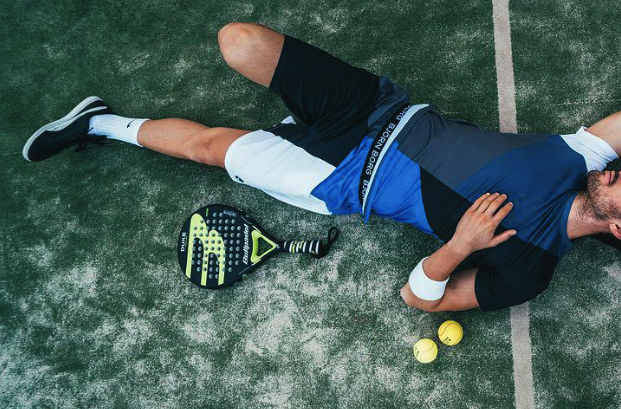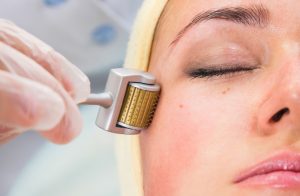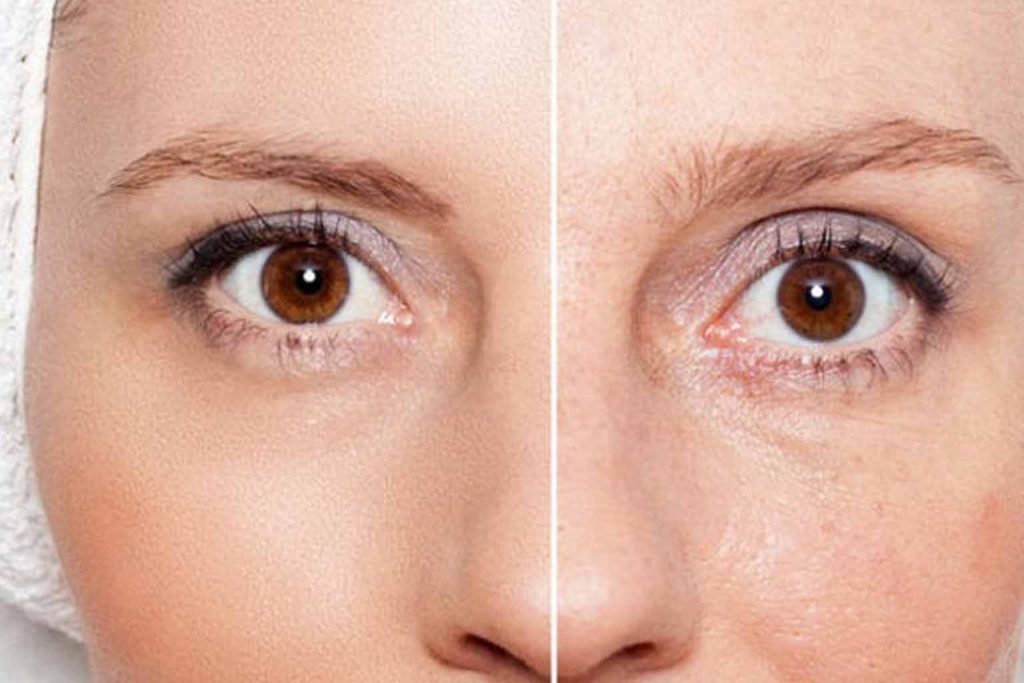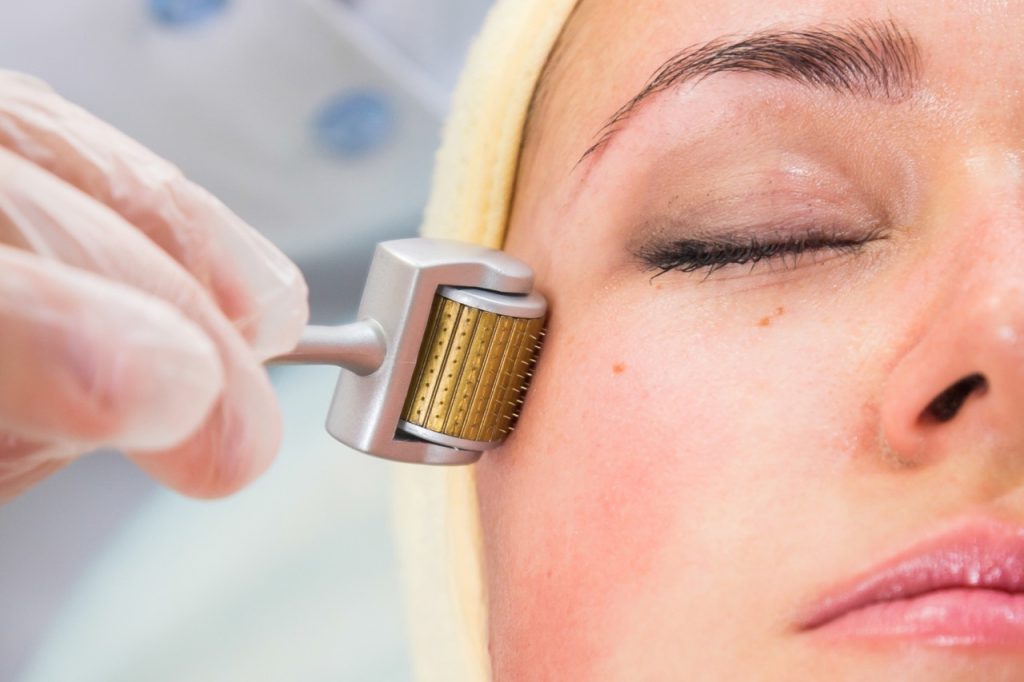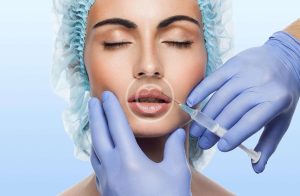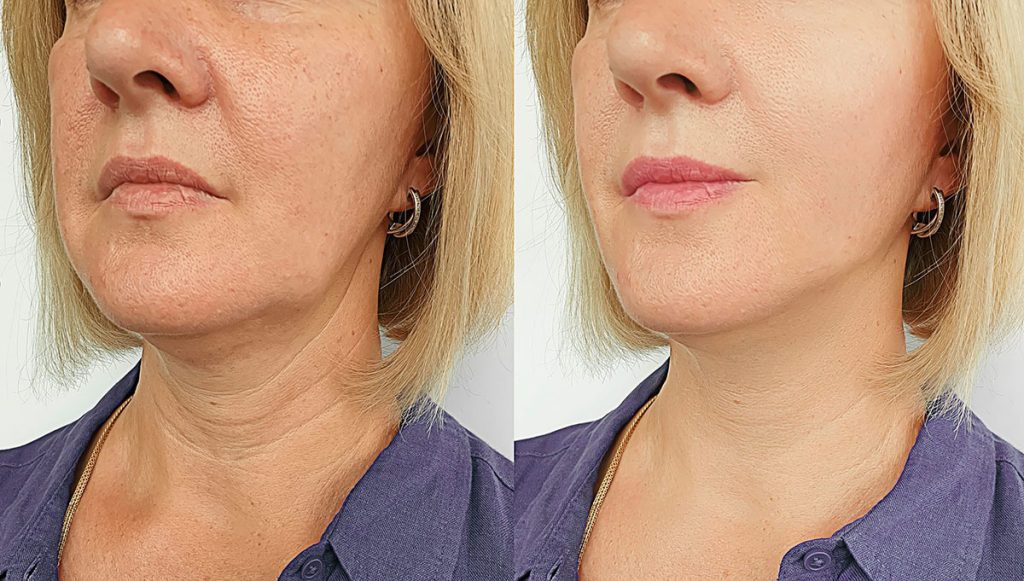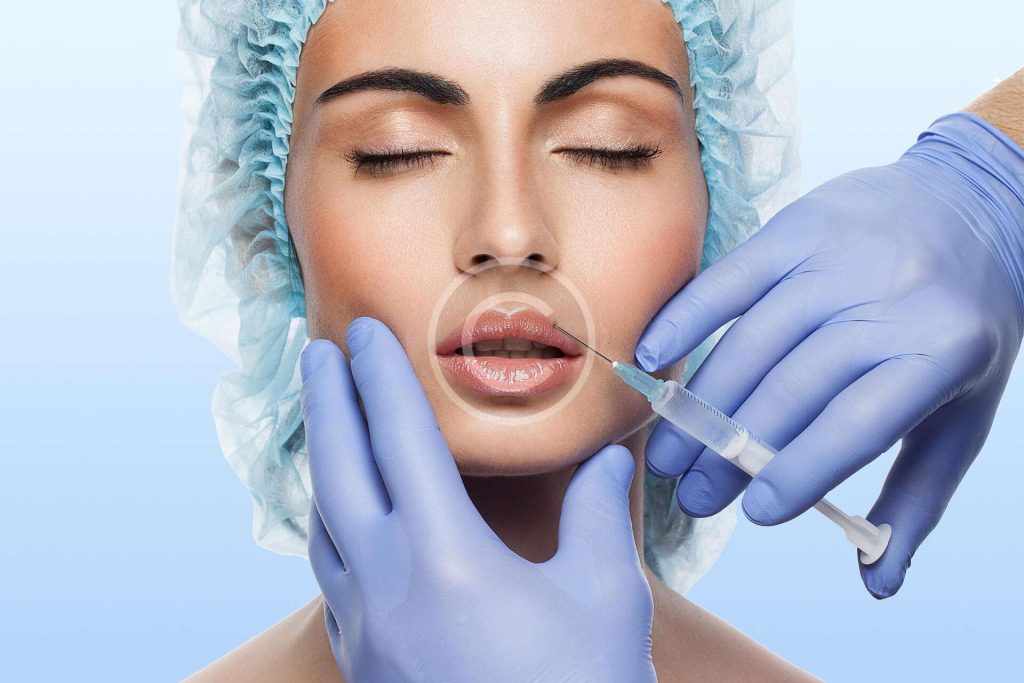
How can I increase my testosterone level quickly?
Testosterone is a hormone that is important for many aspects of health and well-being, including muscle mass, bone density, and sex drive. While testosterone levels naturally decrease as we age, there are things that can be done to help boost testosterone levels quickly. In this article, we will explore some of the most effective ways to increase testosterone levels quickly, including lifestyle changes and supplements like Nugenix.
First, let’s start by understanding what testosterone is and why it is important. Testosterone is a sex hormone that is produced by the testicles in men and the ovaries in women. It is responsible for the development of male sex organs and secondary sex characteristics, such as facial hair and a deeper voice. In men, testosterone also plays a role in maintaining muscle mass, bone density, and sex drive.

There are several factors that can cause testosterone levels to drop, including aging, obesity, and stress. Low testosterone levels can lead to a variety of symptoms, including low energy levels, decreased sex drive, and difficulty building muscle mass. It is important to address low testosterone levels as soon as possible to prevent these symptoms from worsening.
Now, let’s explore some of the ways that you can increase testosterone levels quickly.
- Exercise regularly: Regular exercise is one of the most effective ways to boost testosterone levels. Resistance training, in particular, has been shown to be particularly effective at increasing testosterone levels. This includes exercises like weight lifting, push-ups, and squats.
- Get enough sleep: Lack of sleep can have a negative impact on testosterone levels. Aim for at least 7-9 hours of sleep per night to ensure that your testosterone levels are at their best.
- Eat a healthy diet: A diet that is rich in protein, healthy fats, and complex carbohydrates can help to increase testosterone levels. Foods like eggs, avocados, nuts, and lean meats are all great choices.
- Reduce stress: Stress can have a negative impact on testosterone levels, so it is important to find ways to manage stress effectively. This could include activities like meditation, yoga, or even just taking some time to relax and unwind.
- Consider supplements: There are several supplements on the market that claim to boost testosterone levels. One such supplement is Nugenix, which is a testosterone booster that is made from natural ingredients like L-Citrulline, L-Arginine, and Tribulus Terrestris.

It is important to note that while supplements like Nugenix may help to increase testosterone levels, they should not be used as a replacement for a healthy lifestyle. It is always best to speak with a healthcare provider before starting any new supplement regimen.
In conclusion, there are several ways that you can increase testosterone levels quickly, including regular exercise, getting enough sleep, eating a healthy diet, reducing stress, and considering supplements like Nugenix. By making these lifestyle changes, you can help to boost testosterone levels and improve your overall health and well-being

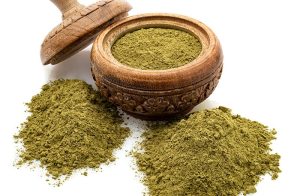
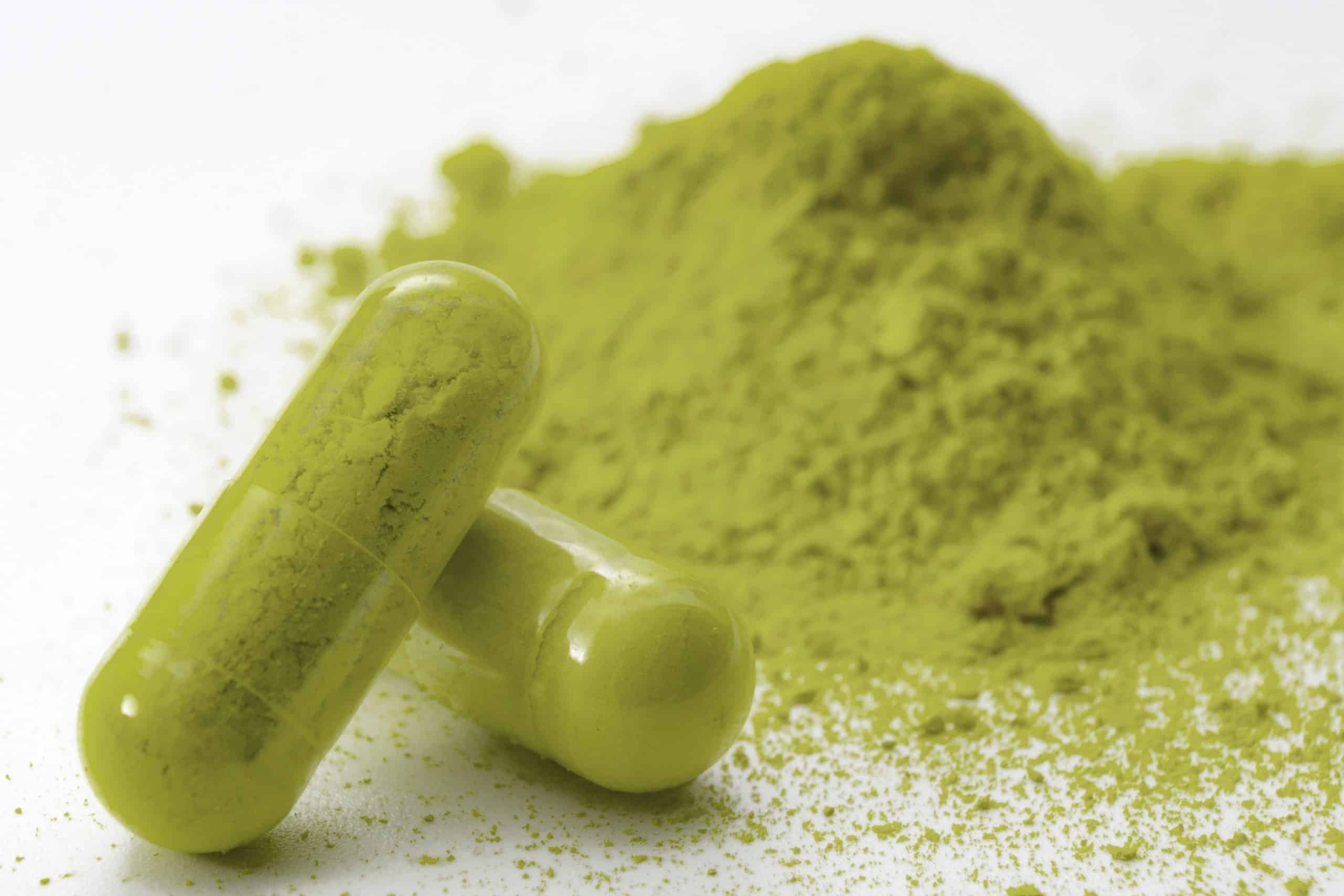
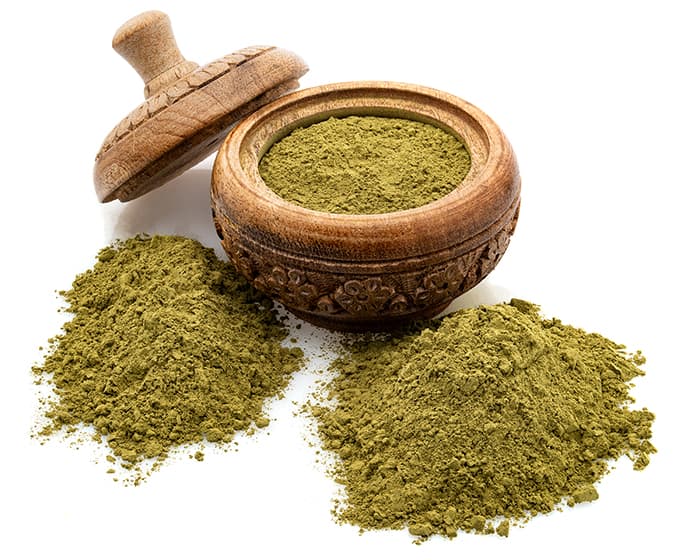
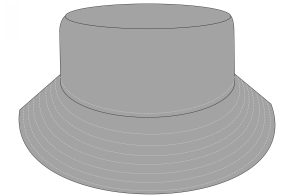

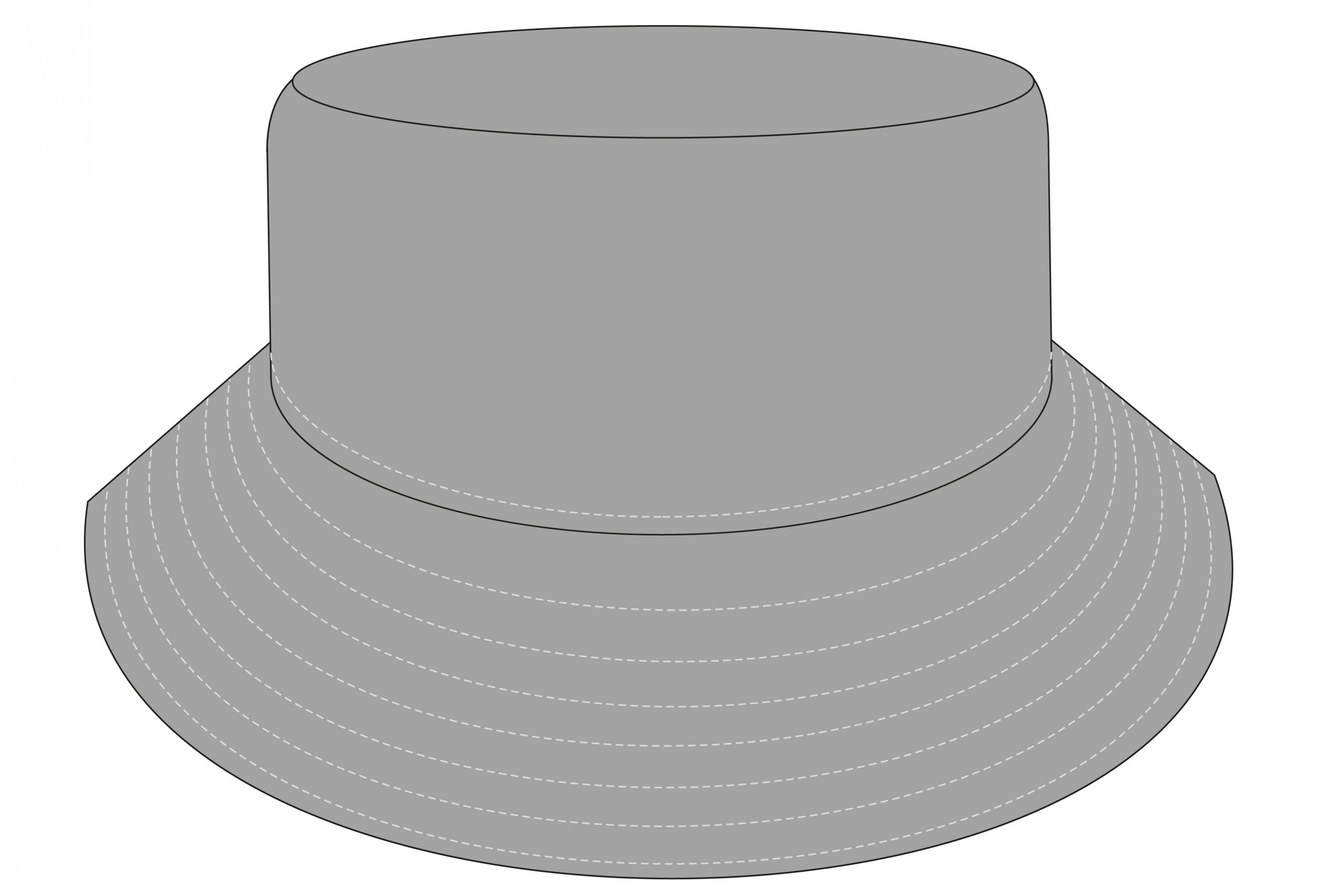




 Take Them Fishing
Take Them Fishing Take Up Yoga
Take Up Yoga


